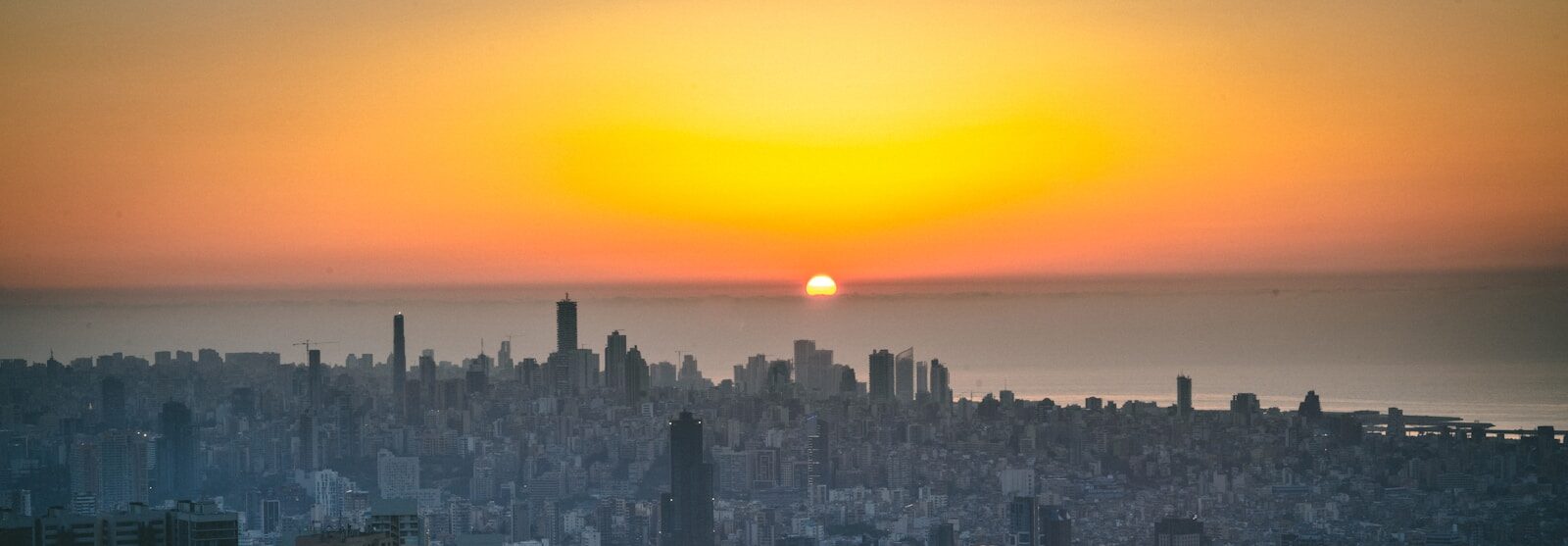Key Takeaways
• Europe’s environment is warming faster than ever.
• Wildfires, water shortages, and species loss are growing.
• The crisis can hurt economies and communities.
• Strong policy changes can protect quality of life.
Is Europe’s Quality of Life at Risk?
Europe faces a growing environmental emergency. Rapid warming, wildfires, and water shortages threaten health and comfort. If we act now, we can avoid the worst.
Environmental Crisis Threatens Quality of Life
The European Environment Agency warns of severe harm to quality of life. Rising temperatures harm crops and people. Burning forests release more heat and smoke. Droughts dry rivers and ruin drinking water. In addition, animal and plant species are vanishing. This loss upsets nature’s balance and our daily well-being.
Accelerating Warming and Wildfires
Europe’s summers are heating up faster than the global average. Heat waves now occur more often, causing health risks. Wildfires break out in forests and towns alike. Smoke clouds pollute cities and countryside. Moreover, firefighters struggle to control huge blazes. As a result, communities face danger and loss. If warming continues, these fires will worsen.
Biodiversity Loss
Nature relies on many species to work together. However, pollution and climate shifts kill plants and animals. Forests shrink, wetlands disappear, and rivers go dry. Birds, insects, and fish lose their homes. Without them, food chains break and crops may fail. Consequently, our meals and incomes face new threats.
Water Scarcity
Water seems endless, yet Europe faces shortages. Heat waves evaporate lakes and rivers. Farms need water to grow food. Cities need water for drinking and cleaning. When supplies drop, hygiene and health suffer. Industries slow down because they cannot get enough water. In some regions, people already face strict water limits.
Economic and Social Impacts
The environmental crisis will hit wallets and communities. Crop failures push food prices higher. Tourism may drop when forests burn or coasts flood. Health costs climb as heat stress and pollution rise. Jobs vanish in farming, fishing, and forest work. Inequality grows, as poorer areas feel the worst effects. If nothing changes, social tensions could spread.
Urgent Reforms for a Better Future
To safeguard quality of life, Europe needs bold steps. First, governments must enforce cleaner energy rules. They should close coal plants and boost wind and solar power. Second, they must protect forests and restore ecosystems. Planting trees and keeping wetlands intact helps fight warming. Third, water management must become smarter. Cities need to reduce waste and farmers must use water wisely. Finally, laws must punish polluters and reward green businesses.
How Individuals Can Help
Everyone can play a part in saving quality of life. At home, cut down on energy use by turning off lights and fixing leaks. Choose public transport or bike instead of driving. Support local markets and organic farms to protect nature. Join community clean-ups and tree-planting events. Speak up for stronger environmental rules in your town. Together, small acts can lead to big change.
Looking Ahead
The clock is ticking to secure Europe’s future. However, hope remains. People, businesses, and governments can join forces. Through innovation and teamwork, we can slow warming and restore nature. Therefore, each choice matters for our shared tomorrow. By acting now, we can preserve health, economies, and the joys of a safe planet.
Frequently Asked Questions
What does “quality of life” mean in this report?
It refers to our health, comfort, safety, and overall well-being. A stable environment and access to clean water and air are key parts.
Why are wildfires more common in Europe now?
Warmer temperatures and dry spells make forests more flammable. Climate shifts weaken natural barriers that once kept fires small.
How can water scarcity affect my daily life?
You may face limits on shower time, garden watering, and household chores. Food prices can rise when crops suffer from drought.
What can schools and young people do to help?
Start eco-clubs, organize tree-planting days, and spread awareness in your community. Encourage peers and leaders to back sustainable policies.
